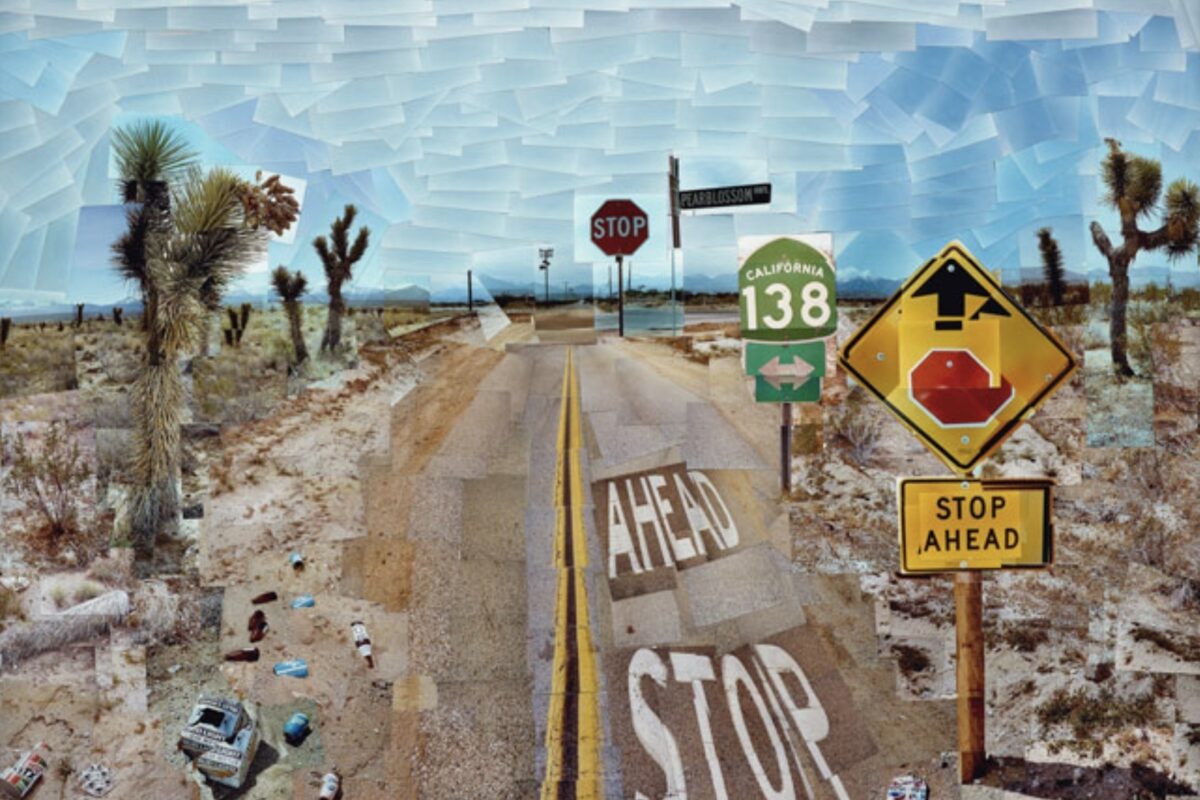One of the key players in the British art boom of the 1990s, Marc Quinn’s work is unified by one fundamental question: what does it mean to exist in the world that we live in? The artist's non-conformist practice explores themes around nature, ancient and contemporary history, civil unrest, global warming, love, desire, and the internet that encourage us to rethink our world.

Frozen Wave (The Conservation of Energy) by Marc Quinn, 2015
Courtesy Marc Quinn studio
1. In the early 1990s, Marc Quinn rose to international fame as a figurehead of the YBAs, along with other household names such as Tracy Emin and Damien Hirst. Quinn’s first self-portrait, Self (1991), a bust created from ten pints of his own blood frozen in silicone, propelled him to international fame. The sculpture became a symbol for a new era of conceptual art. The artist prefers to use his own body as a primary source, as it is free from the associations of implied relationships:
The self is what one knows best and least at the same time ... casting the body gives one an opportunity to 'see' the self.
Marc Quinn in conversation with Sean Rainbird, Tate Gallery, 1995

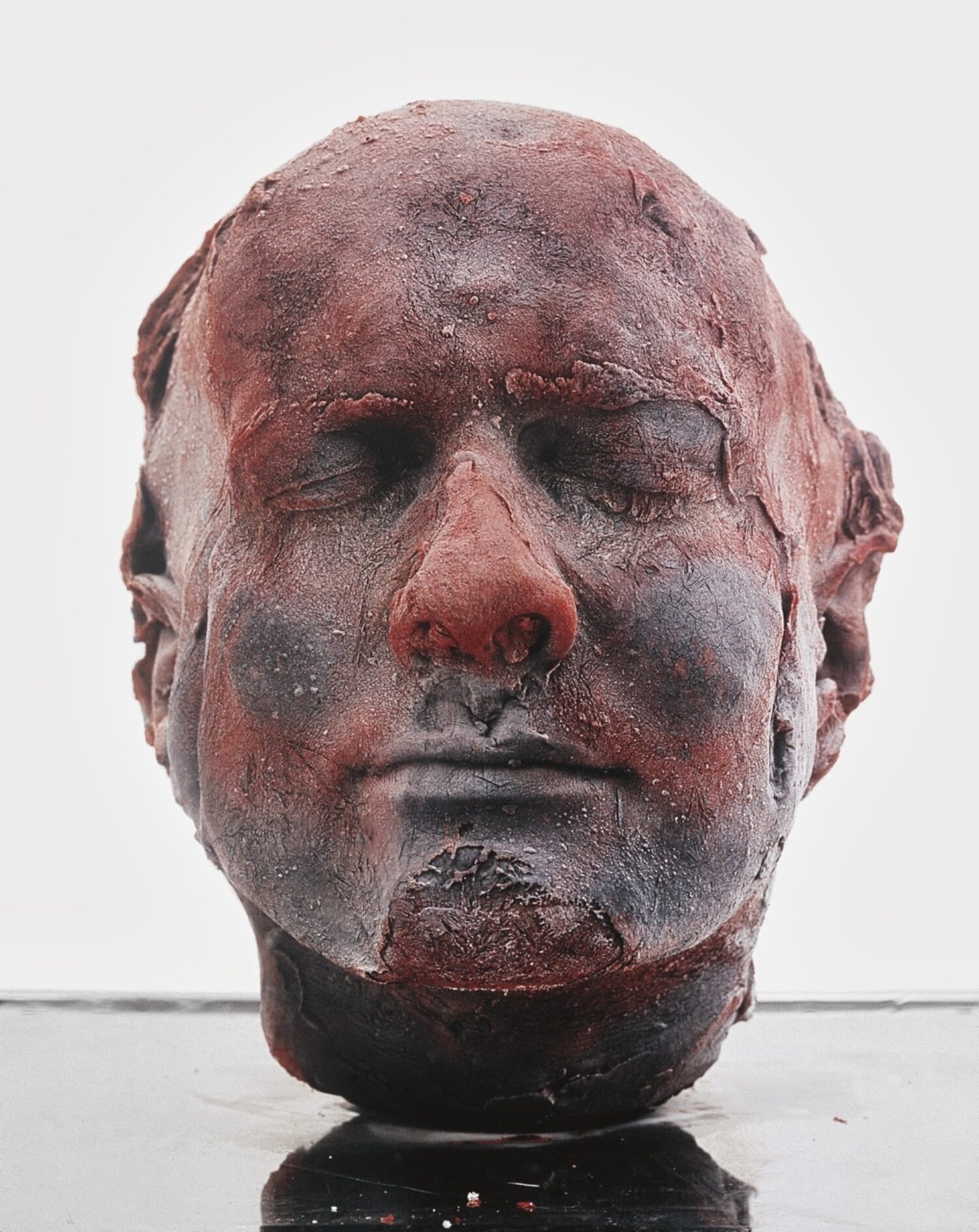
Self, 1991 and Self, 2006. Blood, stainless steel, Perspex and refrigeration equipment.
2. Marc Quinn was the first artist to be shown by renowned dealer Jay Jopling, and his work was included in the landmark 1993 Charles Saatchi show, Sensation. Since then, he has exhibited at institutions worldwide including the 2003 Venice Biennale, the Tate Gallery in London, the Fondazione Prada in Milan, and the Irish Museum of Modern Art in Dublin.

Inside Marc Quinn's London studio
Photography by Simon Upton for Architectural Digest
3. Amongst the artist's most popular series are his Iris paintings. In these photorealist works Quinn explores the eye as a microscopic map of an individual's identity, since each person's is unique. The artist remarks: "The iris is in a way our doorway to the world, it is the window we see out of and the doorway for light to enter and interact with our nervous system. They are like a leakage of the vivid interior world of the body to the monochrome world of the skin."
Quinn has added a world map over the image of the eye in certain works from the series. These works comment on the paranoid world we live in, and the notion of 24 hour news where the whole world is connected through ever-present media and syncopate this with notions of our eroding and changing geographical world. They present images of the world map from various perspectives displaying how the boundaries of experience and geographical territory as we know them are rapidly changing. 'New Geography' is one of Quinn's new releases which explores a more optimistic view on the world.
New Geography is a presentation of hope for the future.
Marc Quinn, 2020

New Geography, 2020, screen print with diamond dust, edition of 50.
4. The idea of making portraits that are more than just an image of the sitter but rather a visual index of their identity is a recurring theme in his work. His Labyrinth series of paintings and sculptures use the pattern of a person's fingerprint to demonstrate this idea whilst commenting on super-surveillance culture. As Quinn has commented, “we (have) become encoded into a unique abstraction which is also profoundly figurative”.
5. In 2001, Quinn collaborated with Sir John Sulston, former Head of the Wellcome Trust Sanger Centre and a key figure in the development of the analysis of DNA and definition of the human genome, to create a portrait of the biologist. Commissioned by the National Portrait Gallery the resulting portrait was a framed agar jelly plate containing a preservation of Sir John Sulston’s DNA and the bacteria colonies around it. The 'DNA' portrait of John Sulston develops links between science and the arts, raising interesting questions regarding the conceptual representation of the individual. It’s definitely one of the more abstract portraits in the gallery but it’s also the most representative.

Sir John Edward Sulston by Marc Quinn, sample of sitter's DNA in agar jelly mounted in stainless steel, 2001
To view more works by Marc Quinn click here for his full catalogue. You can also explore his new releases in our dedicated viewing room.
More editorials about Marc Quinn
Artists
Bright, Young and British: YBAs today
12 Jun 2023 | 4 min read
Artists
Artists to Watch | 2021
3 Jan 2021
Artists
Five Things You Should Know About | Marc Quinn
29 Nov 2020
Artists
Artists to Watch | 2020
1 Jan 2020
More from Artists
Artists
The Diverse Techniques of Yayoi Kusama
21 Aug 2025 | 2 min read
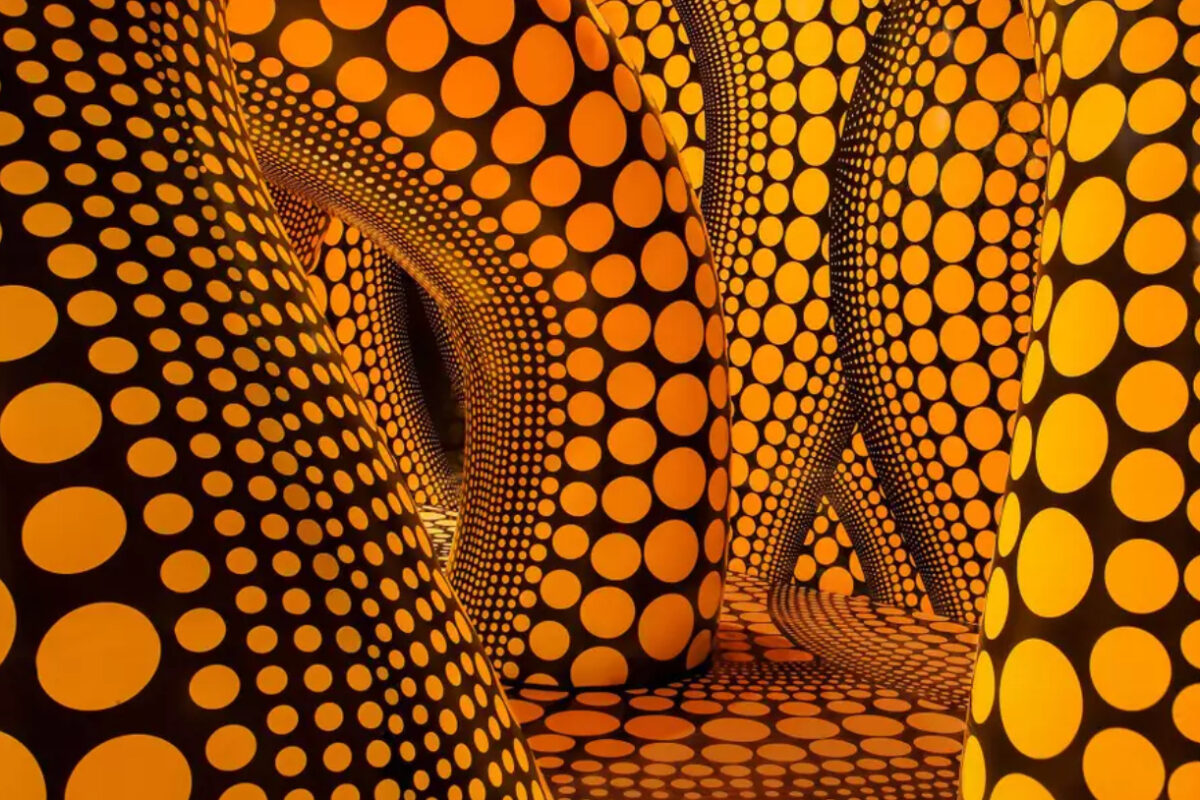
Artists
Haring Decoded: The Symbolism of His Iconic Dog
12 Aug 2025 | 2 min read
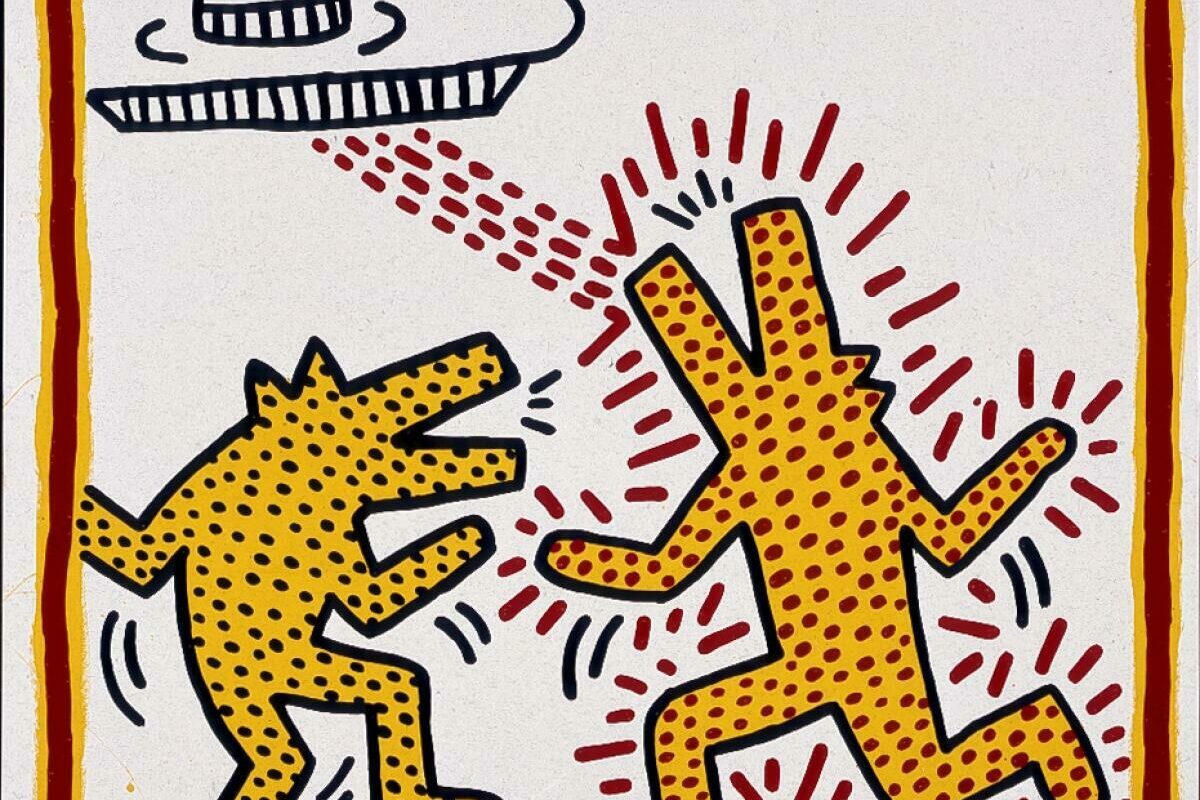
Artists
Happy Birthday Andy Warhol, The King of Pop Art
6 Aug 2025
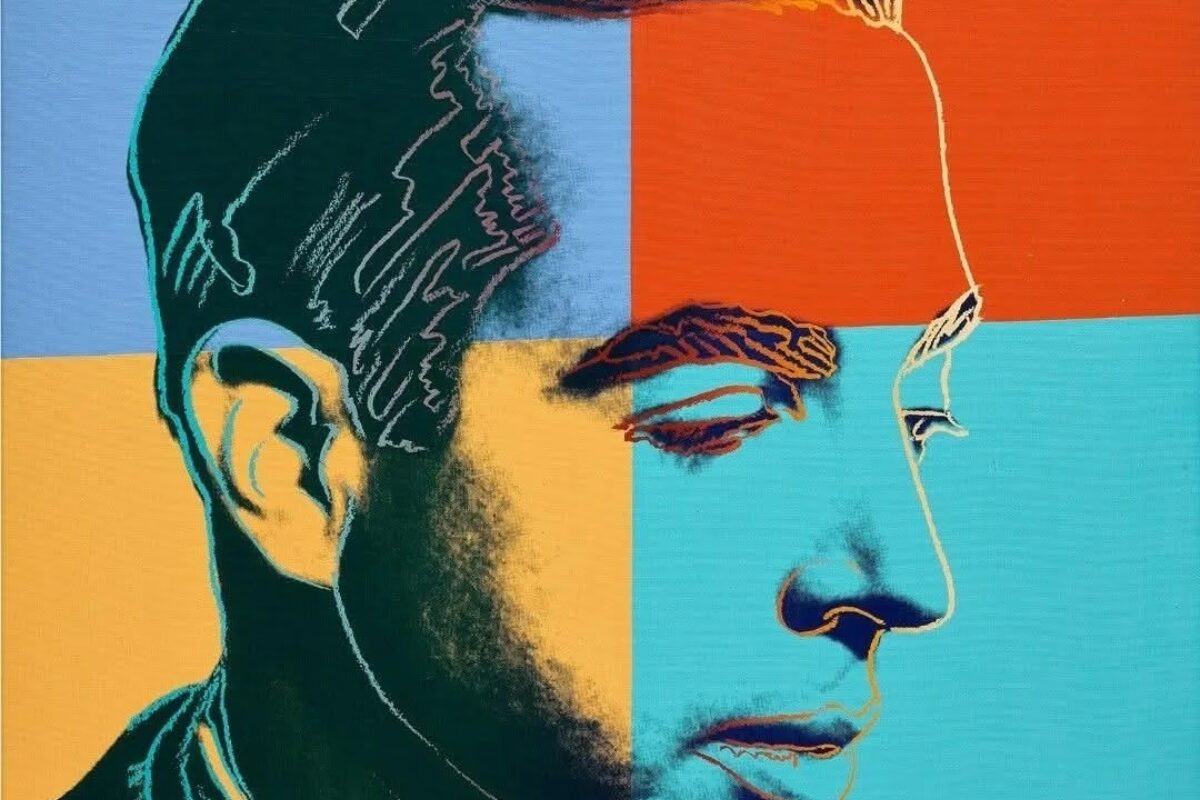
Artists
The Psychology of Kusama
14 Jul 2025 | 3 min read

Artists
From Rothko to Ruscha: Unpacking Harland Miller’s Influences
10 Jul 2025 | 3 min read
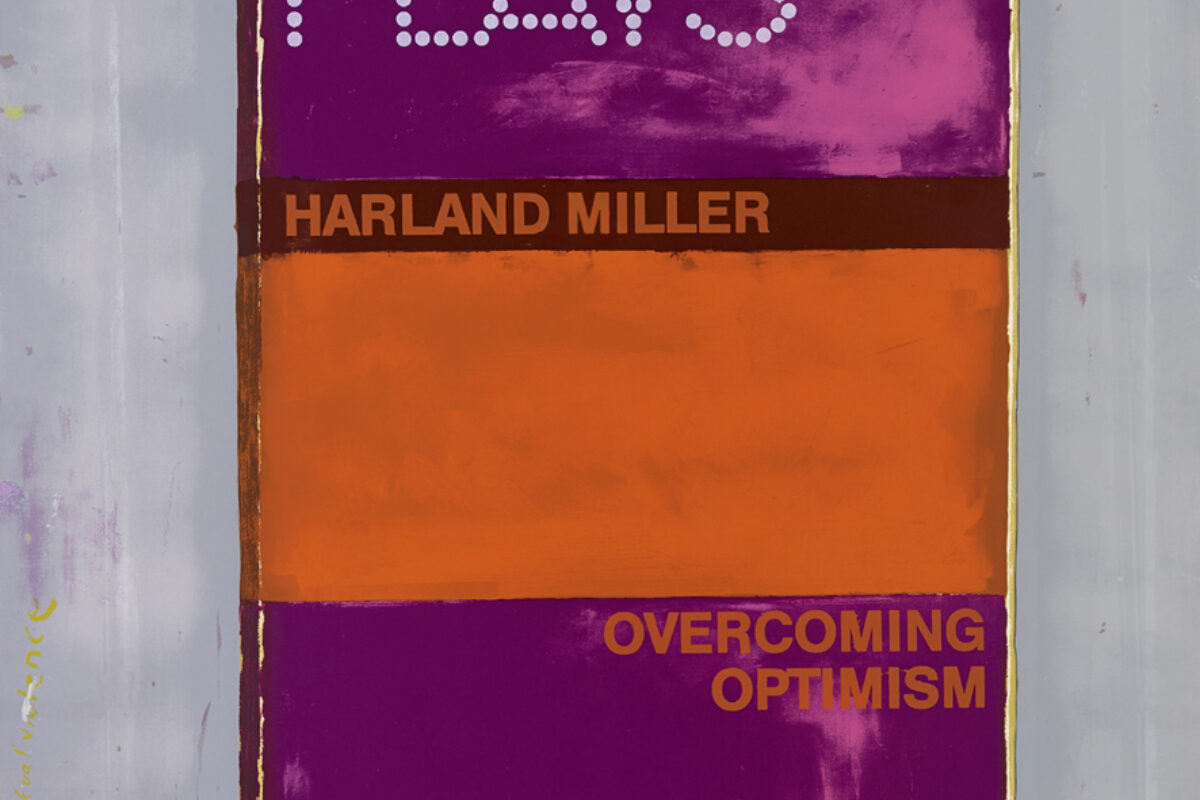
Artists
Decoded: David Shrigley
8 Jul 2025 | 2 min read

Artists
Is David Hockney the Most Important Living Artist?
2 Jul 2025

Artists
Top 10 Selling Warhol Sets
15 Jun 2025 | 2 min read

Artists
David Hockney | 5 Groundbreaking Moments
23 Apr 2025 | 3 min read
